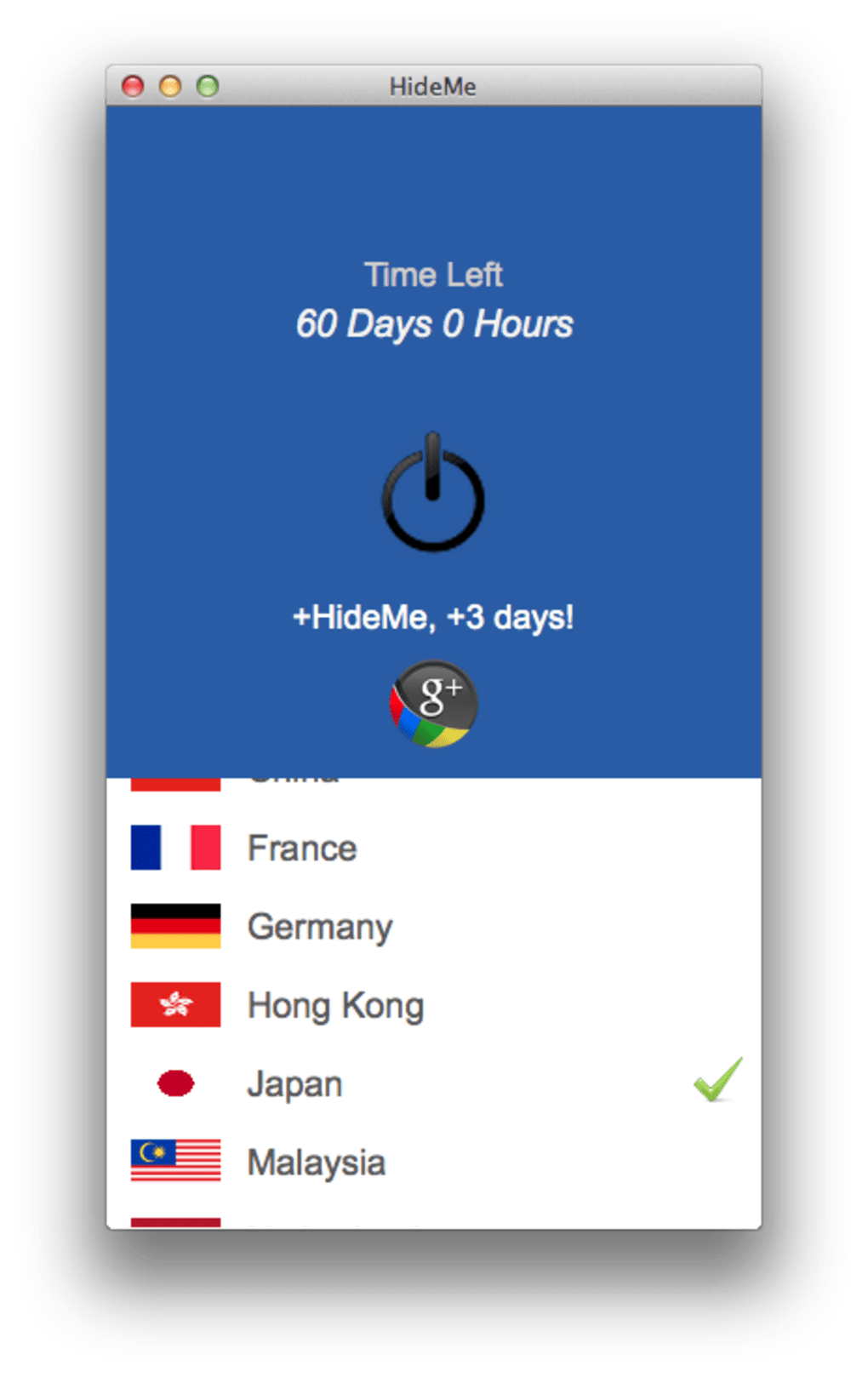It runs on Windows, Linux, Mac, FreeBSD and Solaris. SoftEther VPN is open source. You can use SoftEther for any personal or commercial. Client software implementations. Linux Network-Manager GUI for OpenVPN. OpenVPN with GUI for Mac OS X. Tunnelblick is an excellent free, open source implementation of a GUI for OpenVPN for OS X. Download the latest OS X installer.
Important
Netgate is offering COVID-19 aid for pfSense software users, learn more.
OpenVPN Client Options¶
The commercial Viscosity client. At the time of this writing, it costs $14USD for a single seat. If OpenVPN is used frequently, Viscosity is well worththe cost.
Tunnelblick, a free option available for download.
The OpenVPN command line client. Most endusers prefer a graphical client, sothis option will not be covered.
Both Tunnelblick and Viscosity are easily installed, with no configurationoptions during installation.
Installing Viscosity¶
When using the Viscosity client, configuration can be imported using theOpenVPN Client Export pfSense package or it can be configured manually.
Note
Zoom outlook plugin missing. It won’t be covered here, but Viscosity provides a GUI configurationtool that can be used to generate the underlying OpenVPN clientconfiguration. The CA and certificates can be imported manually, and all ofthe parameters can be set manually.
Import Viscosity Bundle From Export Package¶
Download a copy of the Viscosity bundle for the client from the OpenVPNClient Export pfSense package.
Locate the saved file, which will end in
.visc.zipindicating that it is acompressed archive.Copy this exported bundle to a folder on the enduser’s Mac.
Double click this file and it will expand to
Viscosity.visc.Double click
Viscosity.viscand Viscosity will open and import theconnection as shown in Figure Viscosity Import.Delete the
Viscosity.viscdirectory and the.ziparchive.Viscosity will be running after import, and may be found as a lock iconin the menu bar at the top of the screen.
Verify Connection Was Imported¶
Click the lock icon added to the menu bar at the top of the screen.
Click Preferences to check that the configuration was imported as shown inFigure Viscosity Preferences.
Check the Connections area to see if the connection imported successfullyas shown in Figure Viscosity View Connections.
Viscosity View Connections¶
Close the Preferences screen.
Connect the VPN¶
Click the lock icon in the menu bar again.
Click the name of the VPN connection to connect as shown in FigureViscosity Connect. After a few seconds, the lock icon in themenu bar will turn green to show it connected successfully.
Check Connection Details¶
Click the lock icon in the menu bar again.
Click Details as shown in Figure Viscosity Menu to seeconnection information.
On the first screen (Figure Viscosity Details), the connectionstatus, connected time, the IP assigned to the client, and the IP of the serverare all displayed. A bandwidth graph is displayed at the bottom of the screen,showing the throughput in and out of the OpenVPN interface.
Clicking the up/down arrow button in the middle of the details screen displaysadditional network traffic statistics. This shows the traffic sent within thetunnel (TUN/TAP In and Out), as well as the total TCP or UDP traffic sentincluding the overhead of the tunnel and encryption.
Note
For connections using primarily small packets the overhead isconsiderable with all VPN solutions.
The stats shown in Figure Viscosity Details: Traffic Statistics are fromonly a few pings traversing the connection. The traffic sent in bringing upthe connection is also counted here, so the initial overhead is higher thanwhat it will be after being connected for some time. Also, the typical VPNtraffic will have larger packet sizes than 64 byte pings, making the totaloverhead and difference between these two numbers considerably less.
Clicking on the third icon in the middle of the Details screen shows theOpenVPN log file (Figure Viscosity Details: Logs). If there is any troubleconnecting, review the logs here to help determine the problem.

Viscosity Details: Logs¶

See also Mozilla releases firefox 7 for mac.
For more information on how to troubleshoot the connection, seeTroubleshooting OpenVPN.